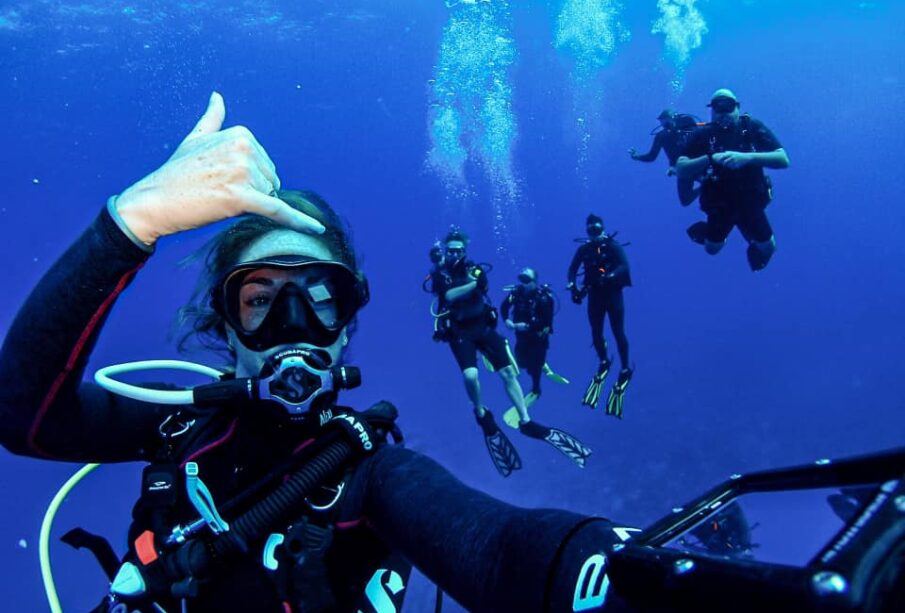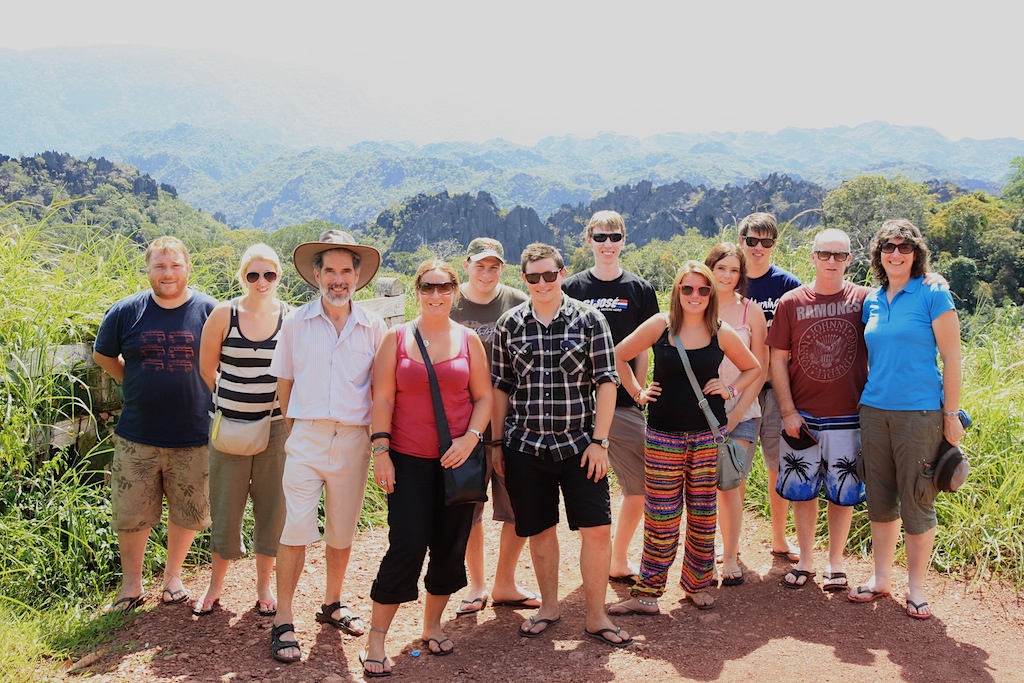How to Choose a Scuba Diving Instructor

Choosing the right scuba diving instructor is a pivotal decision for anyone interested in exploring the underwater world. The safety, enjoyment, and depth of learning you experience while diving heavily depend on the expertise and approach of your instructor. A good instructor not only teaches you the technical aspects of diving but also fosters a sense of confidence, awareness, and responsibility in the water. Here is a comprehensive guide to help you select the perfect scuba diving instructor to meet your needs.
1. Certification and Credentials
The first and most essential factor when choosing a scuba diving instructor is their certification and credentials. Instructors should be certified by reputable organizations, such as the Professional Association of Diving Instructors (PADI), Scuba Schools International (SSI), or the National Association of Underwater Instructors (NAUI). These certifications ensure that the instructor has met specific industry standards for safety, knowledge, and teaching ability.
PADI, for example, is one of the most widely recognized organizations, offering a variety of levels from entry-level courses to professional instructor ratings. A certified instructor must not only complete extensive training themselves but also pass exams and demonstrate teaching competence. Always check the credentials of your potential instructor to confirm they have the necessary qualifications to guide you through the learning process.
2. Teaching Experience and Specialization
While certifications are crucial, teaching experience can significantly influence the quality of your learning experience. An instructor with years of experience has likely encountered a wide range of diving conditions, divers of various skill levels, and unexpected situations that could arise underwater. This experience can enhance their ability to anticipate and manage any challenges you may face while learning to dive.
In addition to experience, consider any specialized training an instructor may have. Some instructors specialize in specific types of diving, such as wreck diving, deep diving, or cave diving. Others may have expertise in working with children or divers with special needs. If you have specific interests or requirements, finding an instructor with the right specialization can enrich your diving experience and learning curve.
3. Teaching Style and Communication
The way an instructor communicates and teaches can significantly affect your learning process. An ideal scuba diving instructor should be clear, patient, and approachable. They should be able to explain concepts in a way that is easy to understand, regardless of your previous experience or knowledge of diving.
A good instructor takes the time to ensure that you fully grasp the theory behind scuba diving before moving on to practical applications. They should also encourage questions and ensure that you feel comfortable expressing any doubts or concerns. You should feel supported throughout your learning, with an instructor who is genuinely interested in your success and safety.
It’s also essential to assess how well the instructor adapts their teaching style to your individual learning pace. Everyone learns differently, and a great instructor will adjust to your specific needs, providing tailored guidance to help you progress confidently.
4. Safety and Risk Management
Scuba diving, like any water-based activity, comes with inherent risks. Therefore, a crucial factor in choosing an instructor is their commitment to safety. The best instructors prioritize your safety above all else. This includes making sure that all the necessary equipment is in good working order, that you understand the procedures for emergency situations, and that they provide constant supervision during your dives.
A well-qualified instructor will take the time to teach you safety protocols, such as how to properly use your equipment, how to deal with potential emergencies, and how to manage your air consumption during a dive. They should also ensure that you have a solid understanding of dive tables and safety stops.
Ask potential instructors about their approach to safety, including how they manage risk during training. A thorough risk assessment and well-practiced emergency response plans should be part of their teaching process. Additionally, they should be certified in first aid and CPR, as these skills are essential in emergency situations.
5. Group Size and Individual Attention
Another key factor to consider when selecting an instructor is the group size during training sessions. Smaller groups often provide more personalized attention, allowing the instructor to focus more on each individual diver. If you’re a beginner, one-on-one or small group lessons are ideal, as they allow for more detailed instruction and a better opportunity to ask questions.
In larger groups, instructors may struggle to provide the same level of attention, which could affect your ability to learn effectively. If you prefer a more hands-on learning experience, seek out instructors who offer smaller classes or individual sessions.
6. Reputation and Reviews
A scuba diving instructor’s reputation is a valuable indicator of their ability and quality of service. Word of mouth and reviews from previous students can provide insight into their teaching style, safety standards, and overall effectiveness as an instructor.
Look for online reviews and testimonials from divers who have taken courses with the instructor. Positive feedback about their teaching approach, patience, and safety consciousness can give you confidence in your choice. It’s also helpful to speak to other divers or instructors within the diving community to get recommendations or insights into the instructor’s reputation.
7. Personal Compatibility
Finally, personal compatibility plays a significant role in choosing the right instructor. You will likely spend several hours in close proximity to your instructor, so it’s important that you feel comfortable and at ease with them. A good instructor will create a positive and motivating learning environment, encouraging you to ask questions and express any concerns.
Consider how well the instructor interacts with you and other students. Do they seem approachable and empathetic? Are they encouraging without being overly critical? Do they make you feel confident and supported during training? The connection you have with your instructor can directly impact your diving experience.
8. Price and Value
While price should not be the primary factor in choosing a scuba diving instructor, it is still important to consider. High-quality instruction may come at a premium, but the value of proper training and safety cannot be overstated. Avoid instructors or dive shops that offer excessively low prices, as this could indicate a lack of experience or lower safety standards.
Ensure that the price aligns with the services provided, such as course materials, dive trips, equipment rentals, and any additional support or guidance. A good instructor offers value by providing a safe, thorough, and enjoyable learning experience.
Choosing the right scuba diving instructor is an essential step in becoming a confident and competent diver. By considering certification, experience, teaching style, safety standards, group size, reputation, personal compatibility, and price, you can make an informed decision that ensures your scuba diving experience is both enjoyable and educational. A well-chosen instructor will not only teach you the necessary skills but will also foster a deep appreciation for the underwater world and a commitment to dive safely and responsibly.











